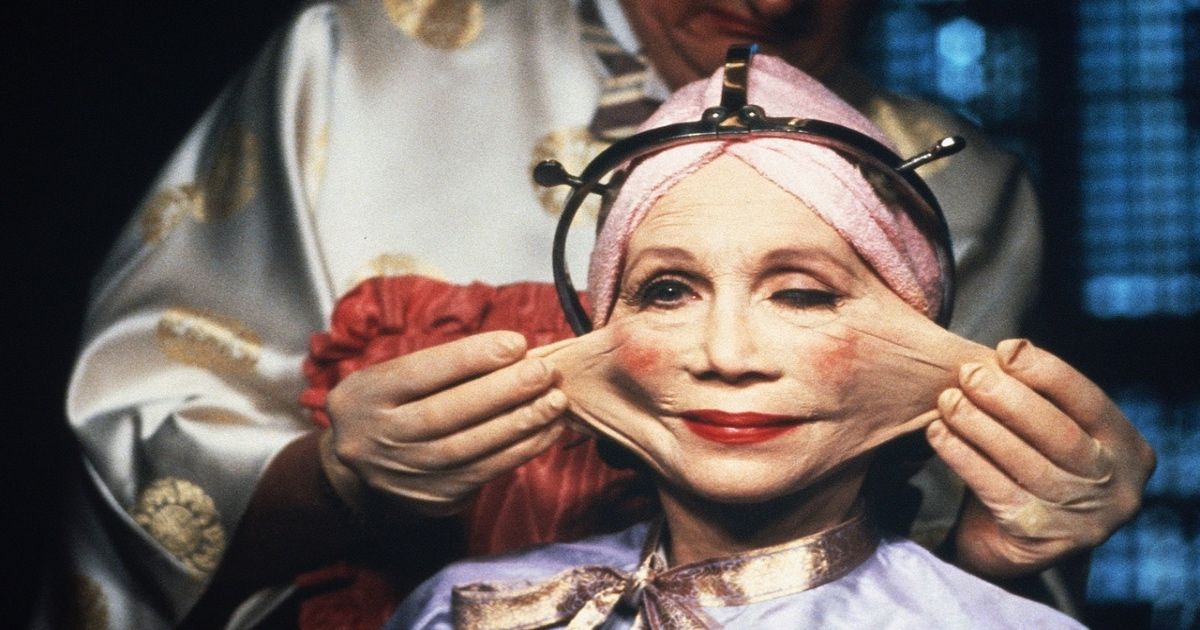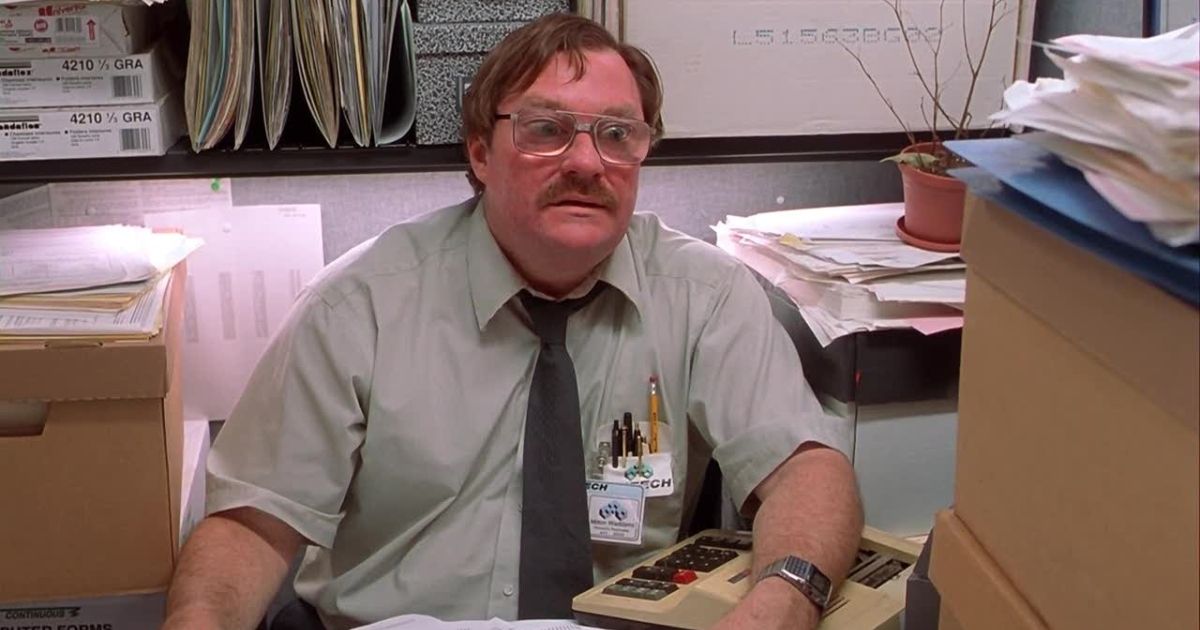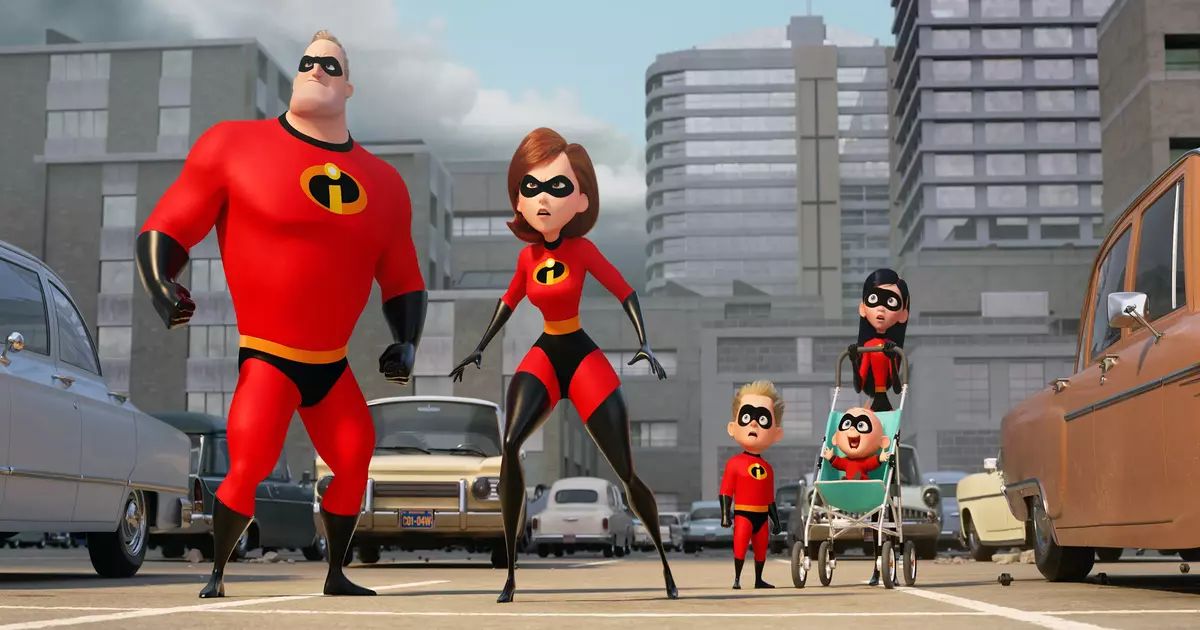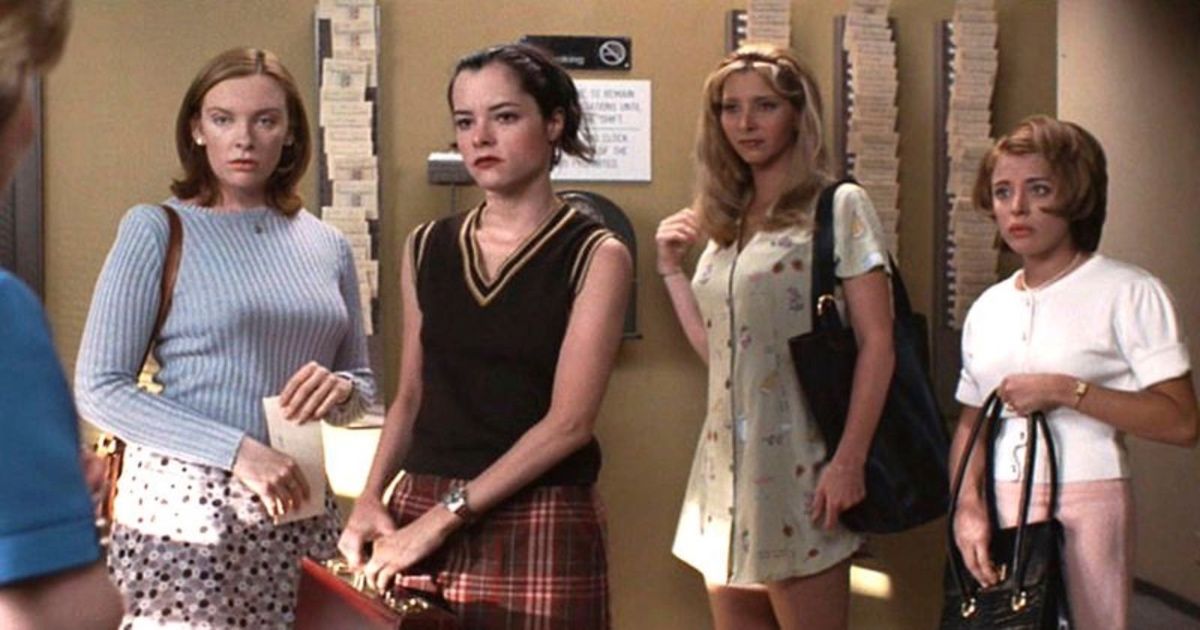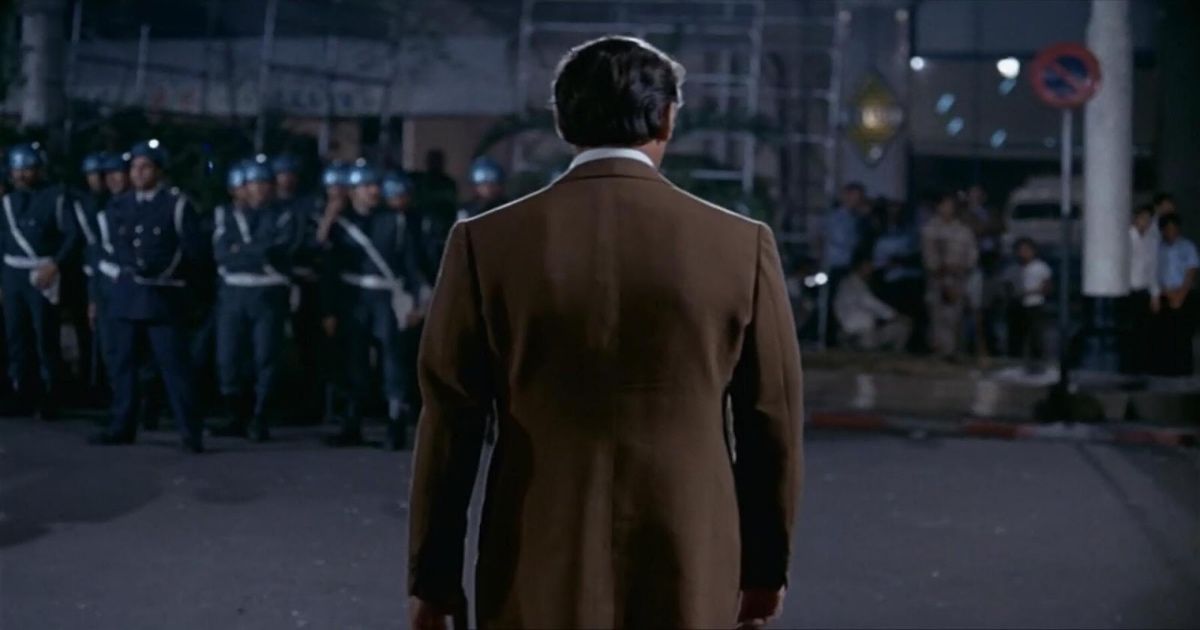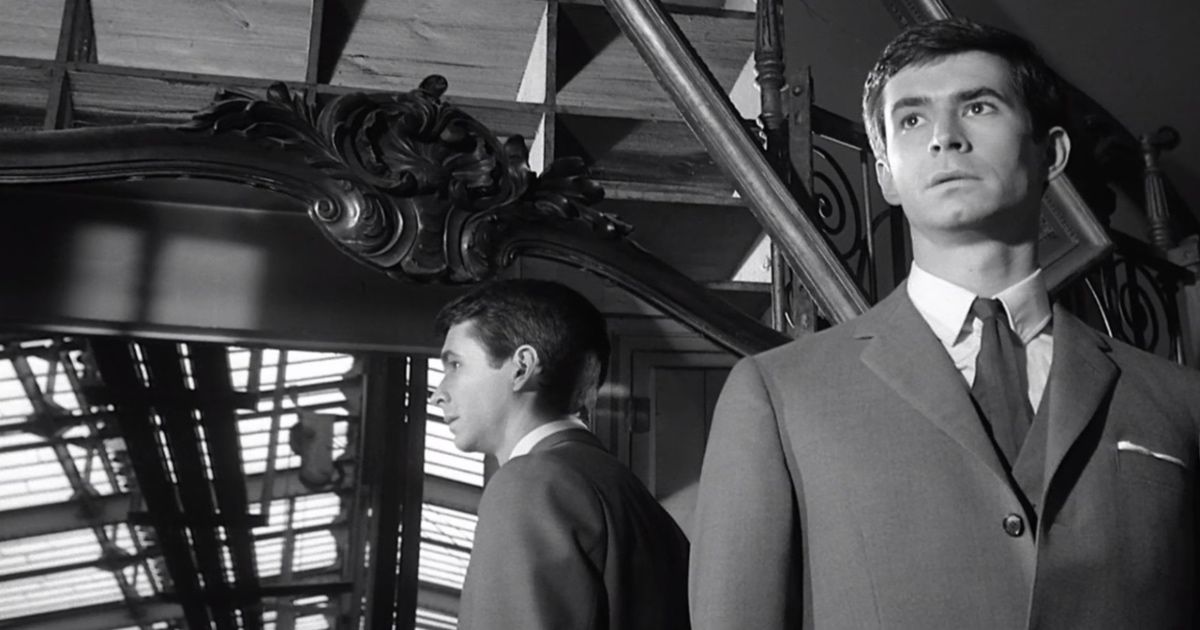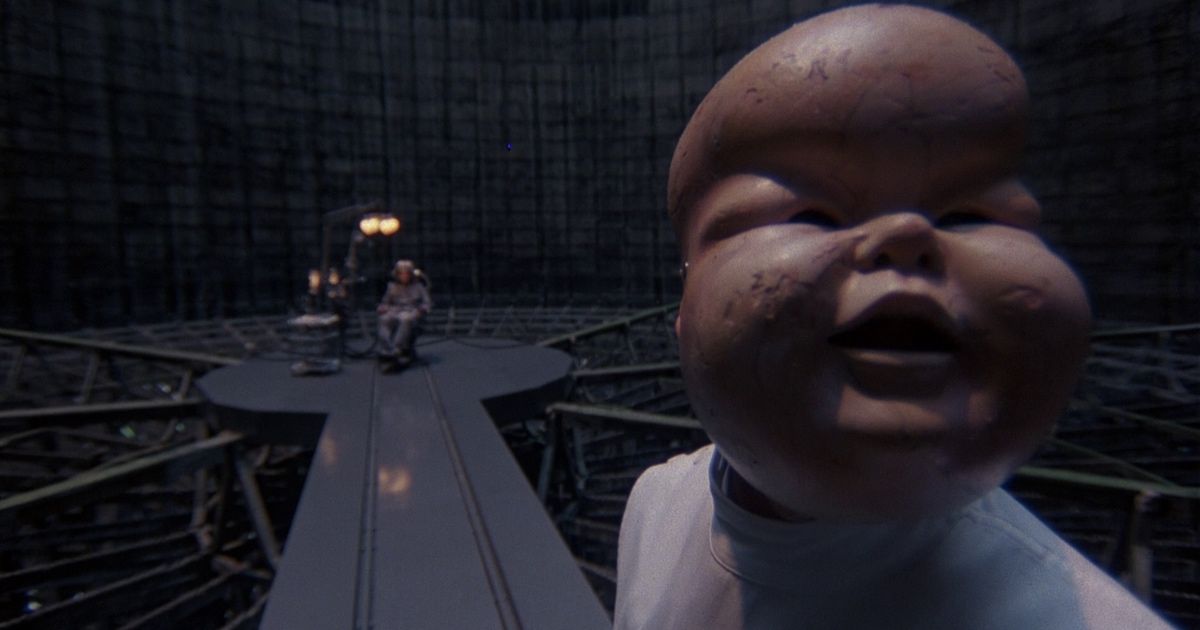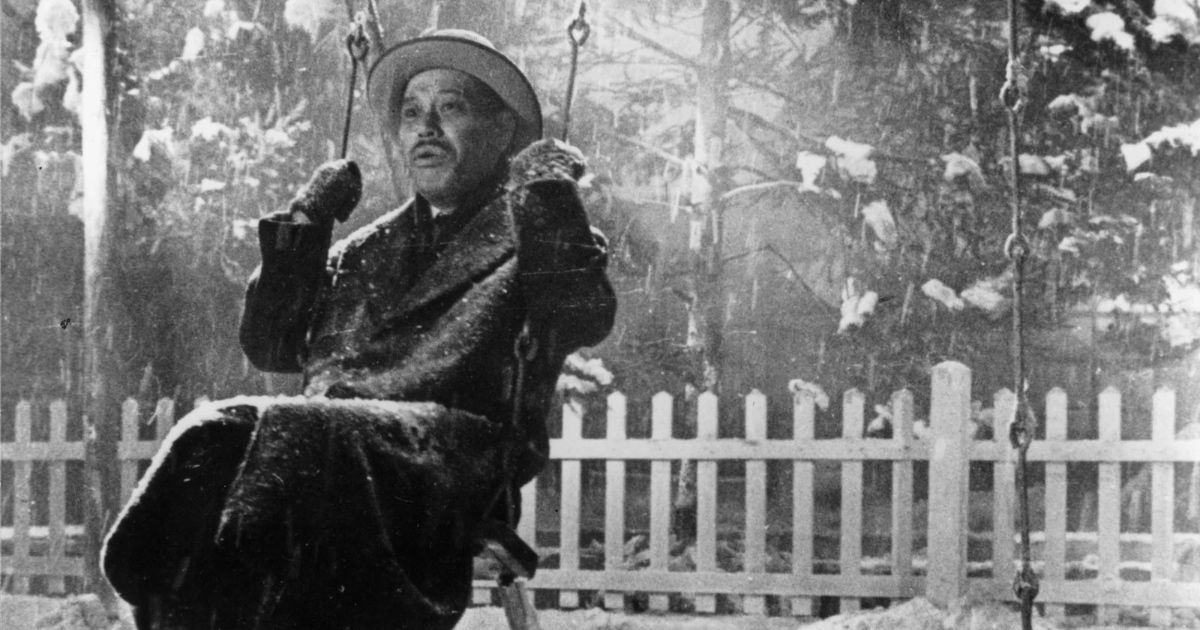The interstitial hopelessness of administrative limbo; the claustrophobic stuffy cubicle that traps salaried people from 9 to 5; an outdated state computer that freezes mid-through; the ludicrous hoops of functionary impresarios; the quicksands of endless paper filling; the existential horror of making a mistake in an official document. No Lovecraftian monster is a match to the mundane and callous abhorrence of bureaucracy that sucks people’s souls out, leaving only empty shells to exist rather than live.
Cinema is a creative mirror of our society and for long has been used to expose the modern office microcosm or to provide a critique of a dreary obsession with officialdom. These movies challenge the facelessness of the regulatory system, uncover workplace inequality, and urge people who hate their jobs to leave and pursue their dreams instead. From bleak noir to scathing satire (along with some superheroes popping up) here are the best movies that explore the malaise of bureaucracy.
9 Office Space
One of the iconic movies of 1999, Office Space masterfully parodies corporate platitudes, showing how office life is simultaneously mundane and utterly ridiculous. The main character is a young computer guy named Peter Gibbons. He works for Initech, a generic big company two steps away from becoming one of the most evil fictional corporations. Peter is underpaid, broken, and ponders if his job is meaningless. His frustrations eventually inspire him to rebel against his bosses and corporate America.
While Office Space’s box office was disappointing, this workplace comedy has become a cult hit, breaching important discussions about work-life balance. A playful commentary on poor management and inefficient work, the film remains relevant to this day.
8 The Incredibles
The Incredibles is not only one of the most beloved Pixar movies but also a sharp-witted caricature of impotent politics and corporate greed. Before The Watchmen, Marvel’s Captain America: Civil War, and Snyder’s Batman v Superman, this animated feature delved into the issue of unregulated superheroes. Mocking American litigation-mania, The Incredibles depicts how despite saving citizens, heroes are sued for damages repeatedly — eventually in an attempt to appease public discontent, the government even passes a superhero relocation program, banning superheroes from using their powers ever again. Former Mr. Incredible, now an office worker, isn’t allowed to make people’s lives better even then. In a funny but distressingly relatable scene, Bob Parr is admonished by his boss for using the legal loopholes to provide people with their insurance money.
7 Clockwatchers
Clockwatchers follows four female temps in what Austin Chronicle calls “the Orwellian paranoia of the modern workplace”, where the only sanctuary left is the women’s bathroom. This movie’s humor is brutal and observant, weaving the picture with all the little details of workplace nonsense. Clockwatchers leans into its silliness when suddenly the office is shaken by a crime wave: someone is stealing the stationary! Toni Collette gives an amazing performance as Iris, the self-conscious new temp, who also serves as the narrator. Her desperate hijinks to cover her tracks are a riot.
6 The Death of Mr. Lazarescu
The Death of Mr. Lazarescu tells a story of a lonely old man disembarking into a medical bureaucratic hell. This Romanian tragicomedy demonstrates how bureaucracy dehumanizes, as Mr. Lazarescu is neglected, shipped from one hospital to another, sent from one doctor to another, and nobody bothers even to look at him until one ambulance nurse finally takes pity on him. A powerful and heart-wrenching social commentary on the failures of Romanian health services. Understaffed and underpaid medical staff who cannot afford kindness in a world devastated by war, where the only coping mechanisms are alcoholism and madness…
5 Z
Boasting a bunch of awards, among them two Oscars and two awards at Cannes, Z is a spectacular political thriller that balances drama and gallows humor. Wrapped into experimental but highly stylish cinematography, is a tangled plot of political machinations and intrigues. In an unnamed Mediterranean country run by an ultra-right-wing party, the leader of the liberal opposition dies in a drunk-driving accident. An unnamed civil officer suspects foul play and starts an investigation. This clever film is, borrowing from The Atlantic: “a bleakly funny but tragic illustration of how the rule of law functions under a dictatorship.”
4 The Trial
Fusing realism and German Expressionism, The Trial throws the viewer into the dead streets of an unnamed city. There are no plants, no animals, only stone boxes of buildings ugly towering above the little man Josef K., the paranoid protagonist. An emblematic postmodern noir, this adaptation of Kafka’s text masterfully tracks how bureaucracy effortlessly turns into a fascist regime. People in this story are just cogs spinning non-stop in a monstrous machine. By the end of the movie, the viewer is hit by the realization that the most terrifying thing in this movie is not the absence of thought and justice, but that the mechanism (or its constituent elements) does not know the meaning of its functioning.
3 Never Rarely Sometimes Always
Debuting at the Sundance Film Festival, Never Rarely Sometimes Always follows a 17-year-old who visits a local clinic to get an abortion — which is impossible without her parents’ consent. She travels to New York, which claims to be much more liberal. There, however, she is met with many procedural obstacles, and with each step, a sneaking suspicion strengthens that they are put in place not to protect women but to control their bodies. It is certainly an uncomfortable but necessary watch to understand the debate about women’s rights and how institutions use bureaucracy to get around the law, and Never Rarely Sometimes Always becomes more important with each passing year as America and other countries work to dismantle abortion rights.
2 Brazil
Terry Gilliam’s Brazil is a grotesque retro-future dark comedy that takes parodying the police state to surrealistic magnitudes. Terrorizing society with terrorism scares, the government robs individuals of all personal liberties and rights to privacy. Totalitarian order is executed by the machines. By day, Sam Lowry is a meek office worker, but every night, in his dreams, he is a chivalrous hero. As Sam finds the woman from his dreams, he attempts to break free from the system and become a hero for real. A panache of 50s film noir, romantic epics, and soft science fiction, Brazil confused audiences upon its release, but with time it has become a genuine cult classic and is considered arguably Terry Gilliam's greatest movie.
1 Ikiru
A heartfelt “classic of self-discovery,” as the LA Times calls it, Ikiru takes us through an existential crisis with grace and serenity. Its central character, Kanji Watanabe, is a middle-ranking official whose daily life is bleak and unfulfilling. In 30 years of work, he has never missed a day. As he learns about his imminent death from cancer, he decides that a playground on the site of a fetid wasteland is what he will leave to this world after himself. A weak, dying old man, who has been a submissive, wordless official, becomes a fighter.
Ready to stubbornly insist and demand, to beg and humiliate himself, he goes through all the circles of bureaucratic hell in order to try and do one good, lasting thing. He collects signatures, resolutions, and seals. He does not yield to the anger of his superiors, the ridicule of his colleagues, or the threats of thugs. The most humanistic and personal work of the great Akira Kurosawa, this beautiful classic reasserts that even the worst system can be changed.

